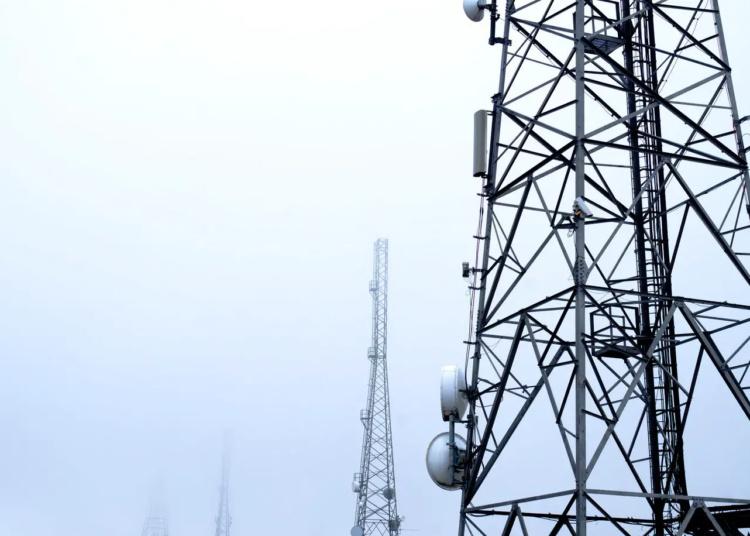Telecommunication companies (telcos) in Africa’s big-gest economy reported a total of 156 million active subscribers to data services in February, despite Starlink traction in Nigeria, the latest data from the Nigerian Communications Commission (NCC) has shown.
MTN accounted for the majority of the increase, with 66.7 million active internet subscribers in the month un-der review. Globacom came in second with 43.4 million, followed by Airtel and Etisalat with 41.9 million and 4.3 million, respectively.
The increase indicates that consumers are spending more on data and companies are driving productivity through maximum usage of broadband penetration,” Ajibola Olude, executive secretary of the association of telecommunication companies of Nigeria (ATCON) said.
“When internet services providers expand their coverage areas and offer more affordable plans, more people can access the internet and become subscribers.”
According to him, the in-crease also shows that the internet of things and robotics have started gaining momentum in the Nigerian digital space because all this innovation requires SIMs to perform various functions.
Further analysis of the industry data shows that active mobile telephony service in February rose to 227 million, With the growth recorded by the operators, the country’s tele-density, which measures the number of active telephone connections per 100 inhabitants living within an area, also jumped from 118 percent in January to 119 percent in February 2023.
density is calculated based on a population estimate of 190 million.
A report on the mobile economy 2023 states that Mobile connectivity will continue to be a lifeline for society, helping the most vulnerable people in areas affected by conflict and natural disasters to stay connected.“
At the end of 2022, over 5.4 billion people globally sub-scribed to a mobile service, including 4.4 billion people who used the mobile internet.”
The Global System for Mobile Communications report disclosed that In 2022, mobile technologies and services generated 5 percent of global GDP, a contribution that amounted to $5.2 trillion of economic value added, and supported 28 million jobs across the wider mobile ecosystem.
In Nigeria, the percentage contributed to the Gross Domestic Product (GDP) of Nigeria by the telecommunications industry grew by 13.55 percent in the fourth quarter of 2022, the NCC data shows.
However, the telecommunication and information sector reported highest growth rate compared to other ICT sectors in the economy in 2022.





